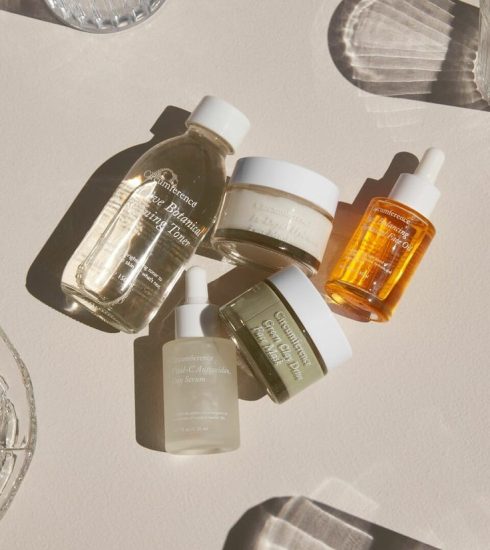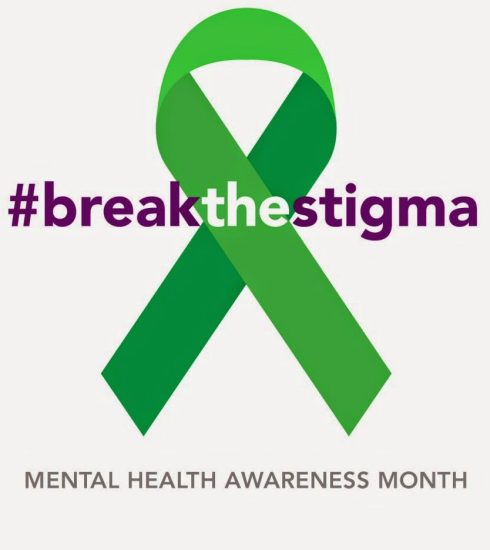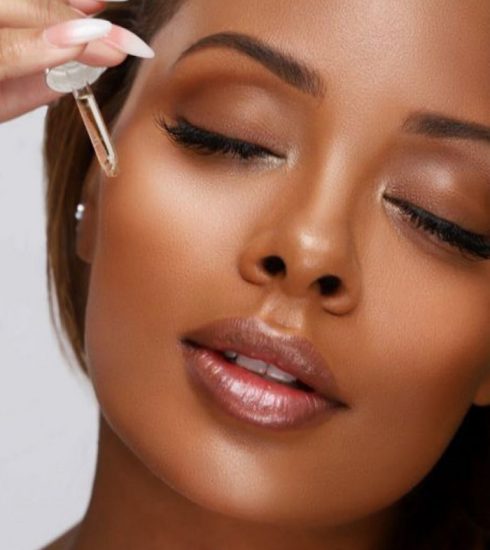The Influence Of Social Media On Beauty Ideals: Navigating The Era Of Filtered Perfection
Social media has grown to significantly influence how people see beauty in the modern digital era. Thanks to the growth of platforms like Instagram and TikTok, we are continually inundated with images of beautiful looks, chiselled bodies, and seemingly unachievable beauty standards. In this article, we set out to investigate the significant impact social media has had on beauty standards. Let’s explore how social media influences our impression of beauty, from curated feeds to photo filters, and learn how to survive this era of filtered perfection.
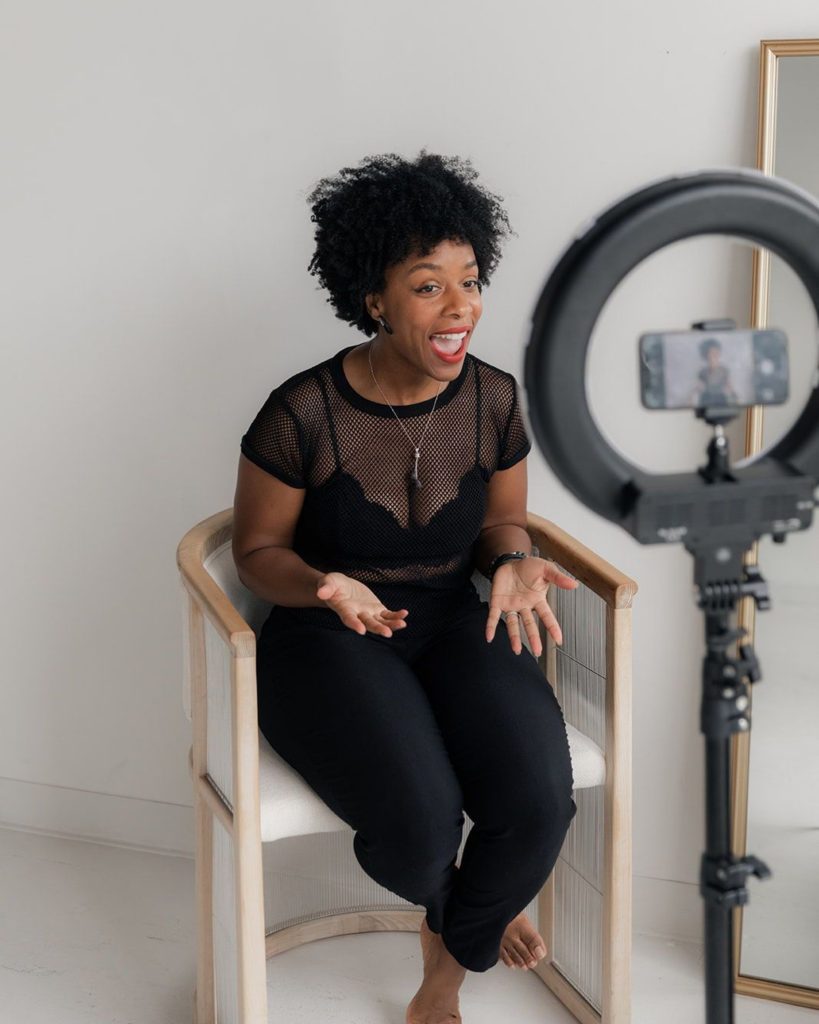
(1) THE RISE OF UNATTAINABLE BEAUTY STANDARDS
Unrealistic beauty standards have emerged as a result of social media. Our feeds are dominated by hourglass bodies, beautiful complexion, and perfectly contoured faces, creating an unreachable standard for beauty. These erroneous perceptions of reality brought on by these filtered images might result in low self-esteem and feelings of inadequacy.
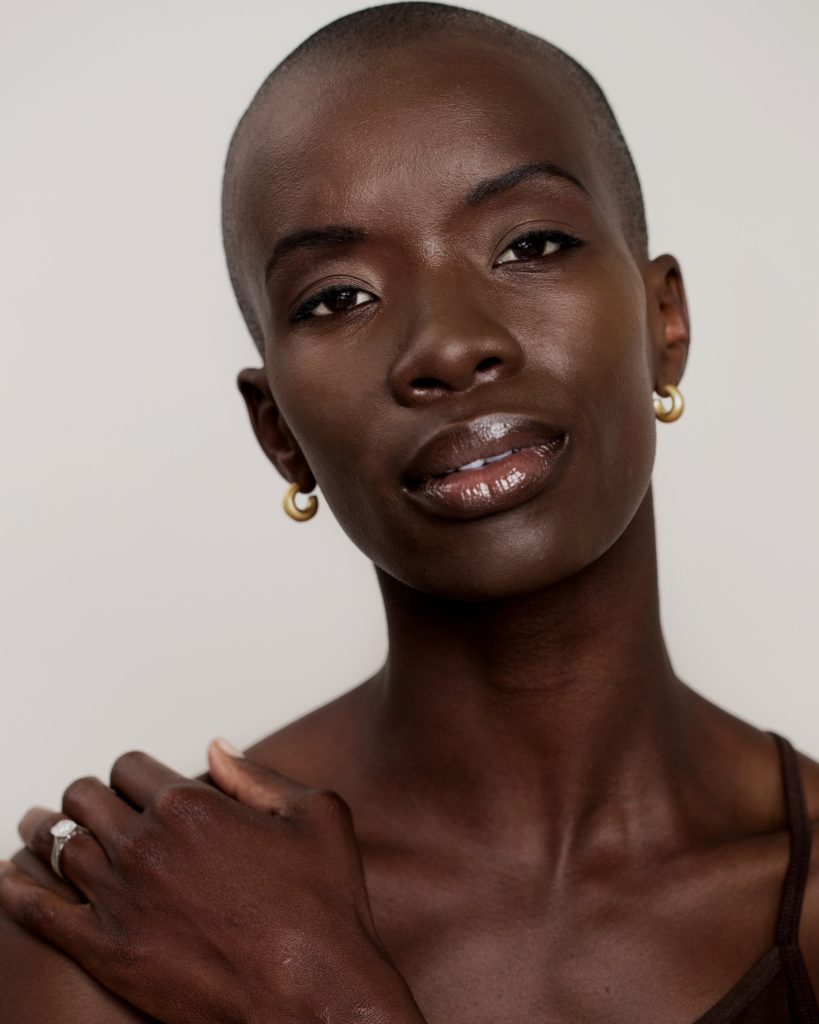
(2) COMPARISON CULTURE AND SELF-ESTEEM
People continuously measure themselves against highly edited and curated content on social media, which promotes a culture of comparison. Insecurity and discontent with our appearance can be bred by this constant comparison, which can negatively affect self-esteem. The quest for unrealistic perfection may harm mental health and general well-being.
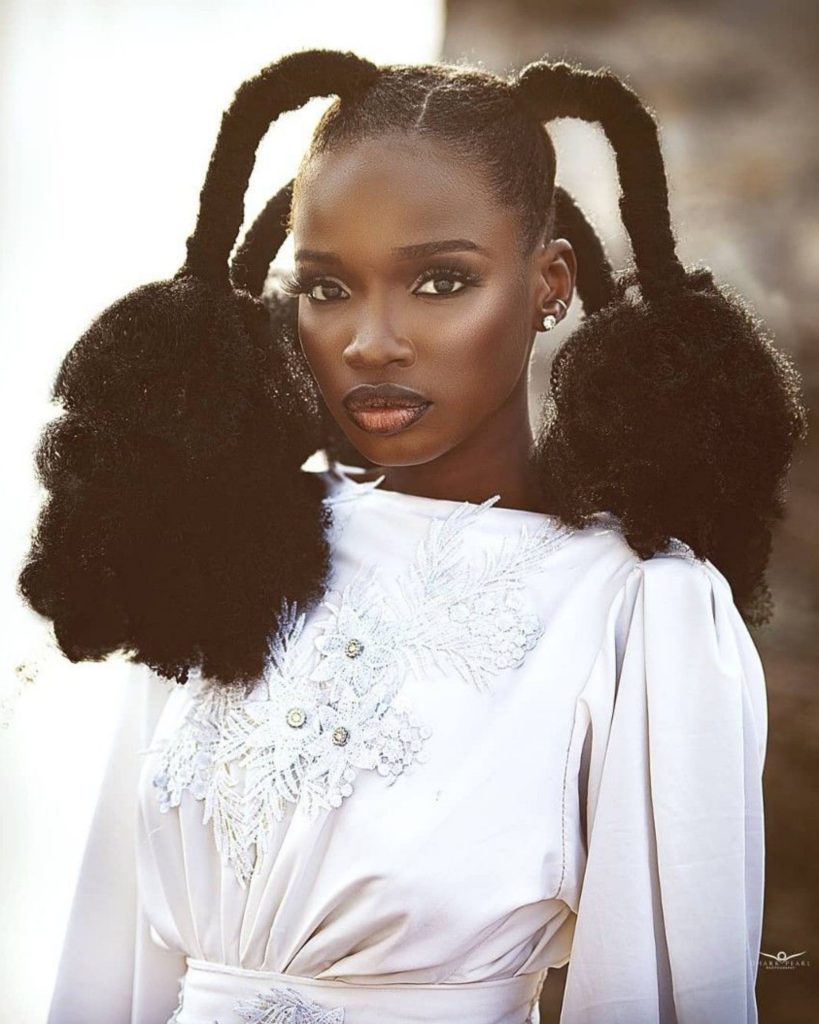
(3) THE INFLUENCE OF INFLUENCERS
On social media, influencers significantly impact how people view beauty. Their recommendations of goods, fashions, and aesthetic practices influence their followers’ preferences and decision-making. It is crucial to understand that influencers’ content is frequently painstakingly planned, carefully edited, and sponsored, producing an untrustworthy appearance of perfection.
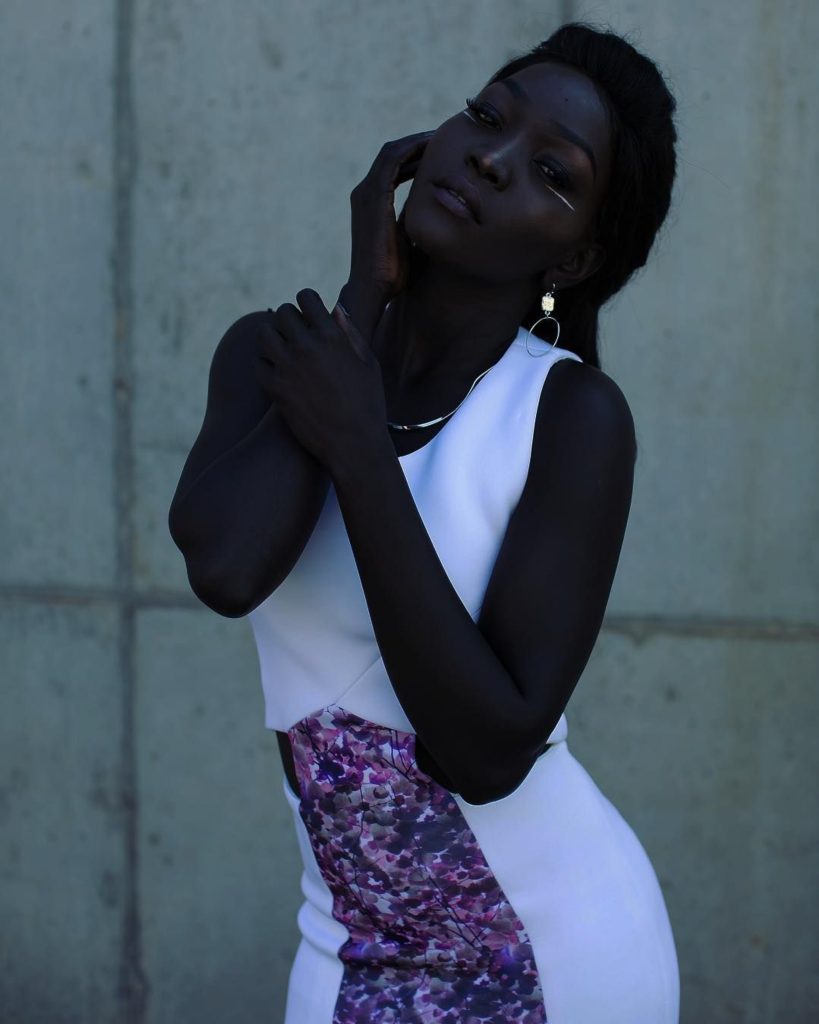
(4) THE PROLIFERATION OF FILTERS AND PHOTO EDITING
Users can easily change their appearance thanks to the widespread usage of filters and photo editing tools on social media. These techniques blur the distinction between reality and digital manipulation, which help normalise severely modified photos. The continual exposure to filtered content can cause us to be unsatisfied with how we look naturally and to want to fit in with unrealistic ideals.
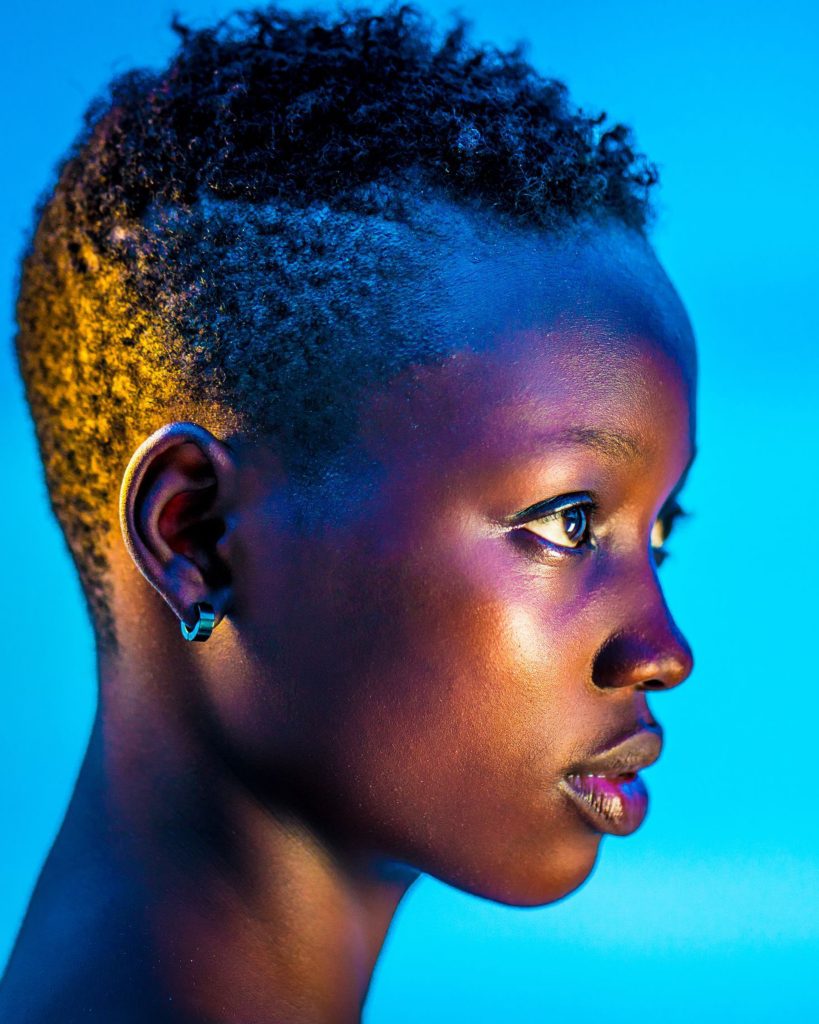
(5) BODY IMAGE AND BODY POSITIVITY
Social media can influence the impressions people have about their bodies. Despite the growth of body positivity initiatives, there is still a strong focus on achieving a particular body type. The constant exposure to idealised bodies might lead to dissatisfaction with one’s body and reinforce the notion that beauty is limited to specific standards.
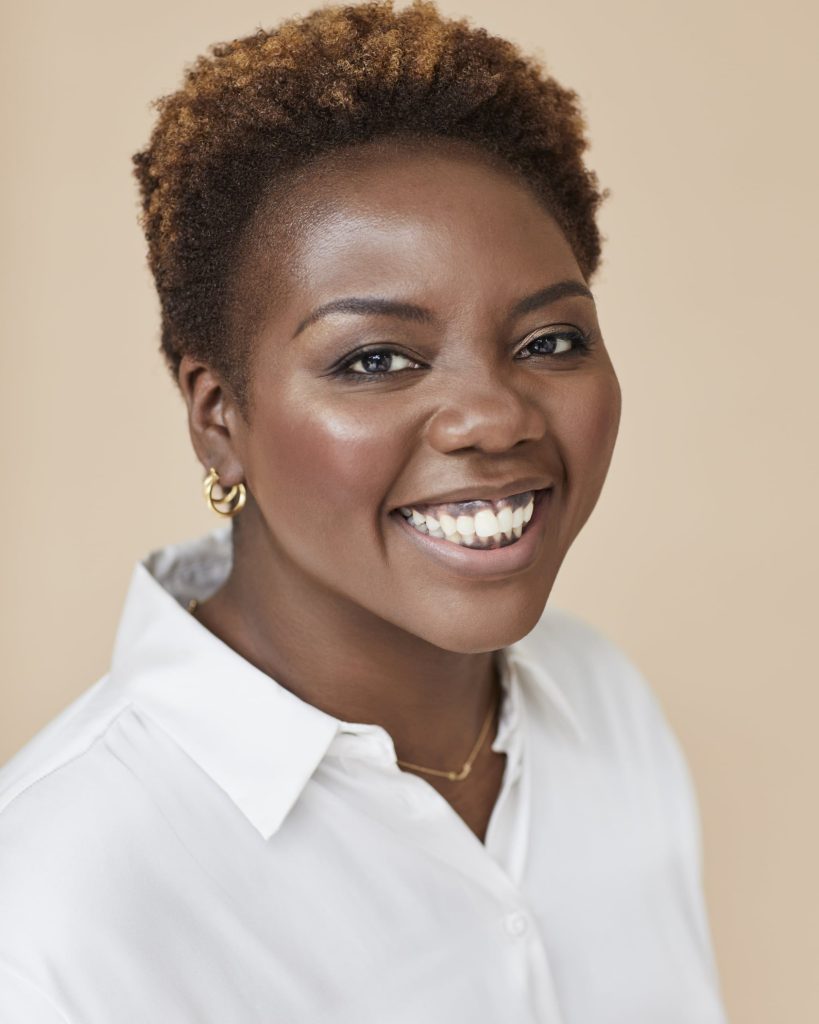
(6) EMPOWERING AUTHENTICITY AND SELF-ACCEPTANCE
There is a growing trend towards authenticity and self-acceptance amid the impact of social media on beauty norms. Unconventional beauty standards are being questioned, diversity is embraced, and many people promote realistic depictions of beauty. By recognising each person’s individuality and uniqueness, this empowering shift serves as a reminder that true beauty goes beyond filters and carefully maintained feeds.
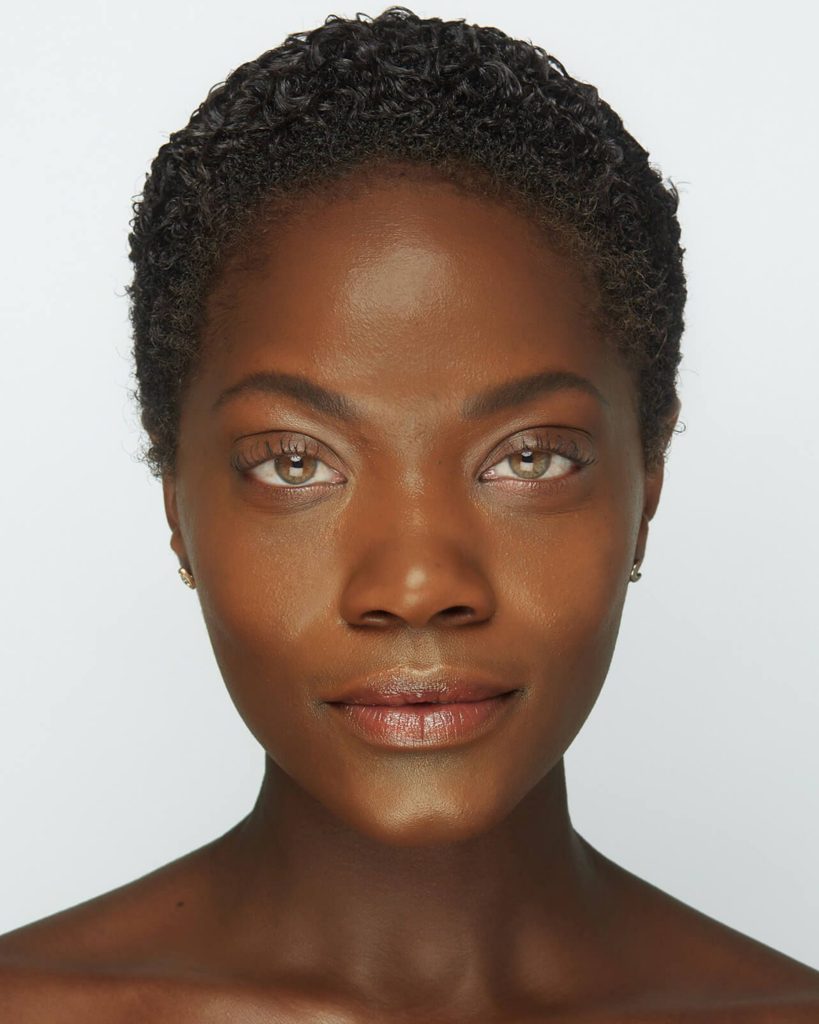
CONCLUSION
Undoubtedly, social media significantly impacts how we perceive beauty, how we feel about ourselves and how well we are mentally. But to survive in this filtered-perfect world, you must devise a plan of attack. We can take back our power and define beauty on our terms by growing awareness, accepting who we are, mindfully selecting our social media feeds, and looking for honest representation. Let’s not be fooled by the filtered world of social media but rather embrace the true beauty that emanates from within, which is found in our individual qualities, flaws, and self-assurance.

Dorcas Akintoye is a versatile writer with a passion for beauty, fashion, relationships, and culinary delight. With a keen eye for detail and a passion for storytelling, she adds a touch of elegance to every topic she explores. She is a writer at THEWILL DOWNTOWN.




